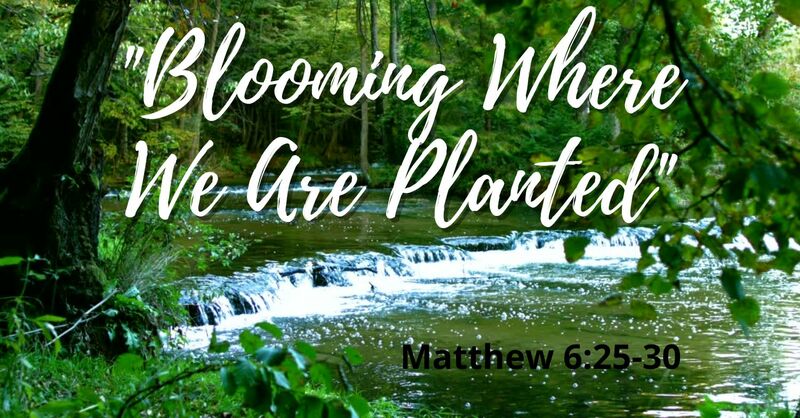
Gathered by the lakeside, we are invited to see the world with new eyes—eyes that recognize the shimmering water, the tall trees, and the birdsong as more than just scenery, but as living testimony to God’s glory. Creation is not a backdrop to our lives, but a community in which we are deeply embedded. The birds and flowers, sustained without worry or toil, remind us of the Creator’s abundant provision. This is not a call to idleness, but to a sacred stewardship: a reverent, active care for the earth and all its creatures. We are not mere inhabitants, but caretakers, entrusted with the flourishing of the world around us.
Stewardship is more than conservation; it is a posture of reverence and gratitude. It means seeing nature not as a resource to exploit, but as a community to cherish. This calls us to openness—openness to new ways of living, to learning from the wisdom of others, and to listening deeply to the needs of the earth. Our actions, from the smallest kindness to the largest policy, can sow seeds of hope and healing. The story of the birds nesting at home, and the care taken to let them thrive, is a small but profound example of sharing space and honoring life, even in its fragility.
Loss, even of a tiny bird, reminds us of the preciousness of life and the interconnectedness of all things. These moments invite us to pause, to wonder, and to act with compassion. As a community, our presence and our service build up the legacy of Christ’s church, just as the work of farming once built up the land on which we gather. Each person’s contribution, whether seen or unseen, is vital to the flourishing of both our church and the wider world. Let us carry the wonder of creation in our hearts and the responsibility of stewardship in our hands, living gently, listening deeply, and acting boldly for the healing of the earth.
Key Takeaways
- True stewardship is rooted in reverence, not just responsibility. To care for creation is to recognize its sacredness and our place within it—not as owners, but as caretakers who are called to cherish, not exploit. This shift in perspective transforms our relationship with the world and with God, inviting us into deeper gratitude and humility. [02:25]
- The natural world teaches us about grace and abundance. Birds and flowers thrive not by anxious striving, but by being part of a larger, sustaining order. Their effortless existence is a living parable, reminding us to trust in God’s provision and to resist the urge to hoard or control. [03:26]
- Openness to the unknown is essential for growth, both personally and as a community. Whether it’s learning about the habits of birds or navigating transitions in our congregation, curiosity and willingness to learn dispel fear and foster resilience. Embracing the unfamiliar can lead to unexpected blessings and deeper connection. [07:39]
- Loss, even in small forms, invites us to compassion and reflection. The brief life of a bird, honored with a simple prayer, reminds us that every creature matters and that grief, however small, is a sacred part of our shared journey. These moments deepen our empathy and our sense of responsibility for all life. [05:39]
- Community is built through presence and shared effort. Just as farming requires many hands, sustaining a church or caring for creation is a collective endeavor. Each person’s presence and service, whether frequent or rare, contributes to the legacy and flourishing of the whole. [09:01]
YouTube Chapters
[00:00] - Welcome
[00:37] - Seeing Creation with New Eyes
[01:10] - The Living Testimony of Nature
[02:25] - The Sacred Call to Stewardship
[03:26] - Lessons from Birds and Flowers
[04:36] - Sharing Space with Creation
[05:39] - Honoring Life and Loss
[07:39] - Openness to the Unknown
[08:24] - Embracing Change as a Community
[09:01] - The Power of Presence and Legacy
[09:40] - Connections to the Land
[10:10] - The Work of Building Community
[10:40] - Closing Prayer and Commitment


